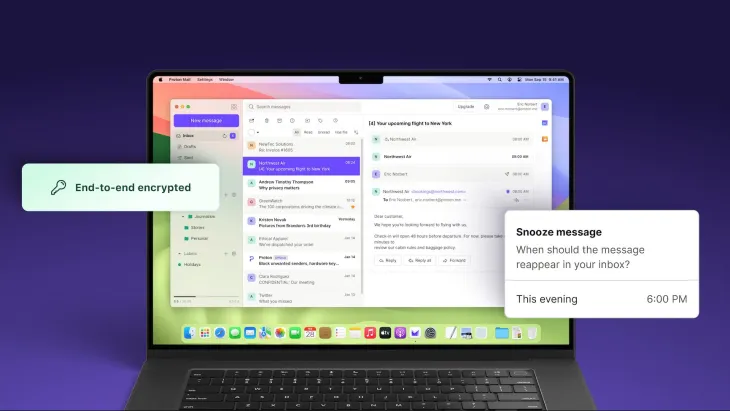Generative AI is a type of artificial intelligence that uses machine learning algorithms to create new data or content that is similar to existing data. Unlike other types of AI, which are focused on identifying patterns and making predictions based on existing data, generative AI is focused on creating new data or content that is similar to the input data.
Generative AI works by training a neural network on a dataset, such as text, images, or audio, and then using that neural network to generate new content based on the patterns it has learned from the input data. The generated content can take many forms, including images, music, video, text, and more.
Generative AI is a powerful technology that has many potential applications, such as creating realistic images or videos, generating natural-sounding language, and even designing new products or services. However, it also raises ethical and social concerns, such as the potential for AI-generated content to be used to spread disinformation or create fake news. As such, it is important to approach generative AI with caution and to carefully consider its potential benefits and risks.

Also, read: Google faces antitrust scrutiny in Spain over news licensing
How can generative AI revolutionize the way we interact with enterprise software
Generative AI has the potential to revolutionize the way we interact with enterprise software by improving the efficiency and effectiveness of various processes. Here are some ways generative AI can be used in enterprise software:
- Automated content creation: Generative AI can be used to create high-quality content such as reports, presentations, and even emails by analyzing data and generating insights that can be used to create content. This could save time and resources for businesses by automating the process of content creation.
- Personalized user experience: Generative AI can be used to personalize the user experience by analyzing user behavior and preferences and creating customized interfaces and recommendations for each user.
- Predictive analytics: Generative AI can help businesses predict future trends and outcomes by analyzing large datasets and generating insights that can inform decision-making.
- Natural language processing: Generative AI can enhance natural language processing capabilities in enterprise software, allowing for more accurate and efficient communication between humans and machines.
- Cybersecurity: Generative AI can be used to identify and prevent cyber threats by analyzing data and generating insights that can detect patterns of suspicious activity and stop attacks before they can cause damage.
- Process automation: Generative AI can automate repetitive processes, such as data entry, inventory management, and scheduling, freeing up employees to focus on more valuable tasks.
Generative AI has the potential to transform the way we interact with enterprise software by streamlining processes, improving accuracy, and enabling more personalized experiences. However, it’s essential to keep in mind that this technology also raises ethical and social concerns, such as the potential for AI-generated content to be used to spread disinformation or create fake news. As such, it’s important to approach generative AI with caution and carefully consider its potential benefits and risks.
Also, read: Amazon plans to invest in ten generative AI startups around the world
What is enterprise software?
Enterprise software is a type of computer software that is used to support the operations, processes, and workflows of large organizations such as corporations, government agencies, and non-profits. Enterprise software is typically designed to meet an organization’s specific needs and requirements, and it can be extremely complex and sophisticated.
Customer relationship management (CRM) systems, enterprise resource planning (ERP) systems, supply chain management systems, human resource management systems, and project management tools are examples of enterprise software. Finance, accounting, inventory management, procurement, customer service, and marketing are common uses for these software applications.
Enterprise software is frequently tightly integrated with other systems and applications used by a company, and it can be tailored to meet the specific needs of individual departments or teams. It is typically used by a large number of users across an organization and can be deployed on-premises or in the cloud.
Overall, enterprise software is intended to assist organizations in more efficiently managing their operations, improving collaboration and communication, and making data-driven decisions. It is a must-have tool for large organizations looking to streamline workflows and boost productivity.















